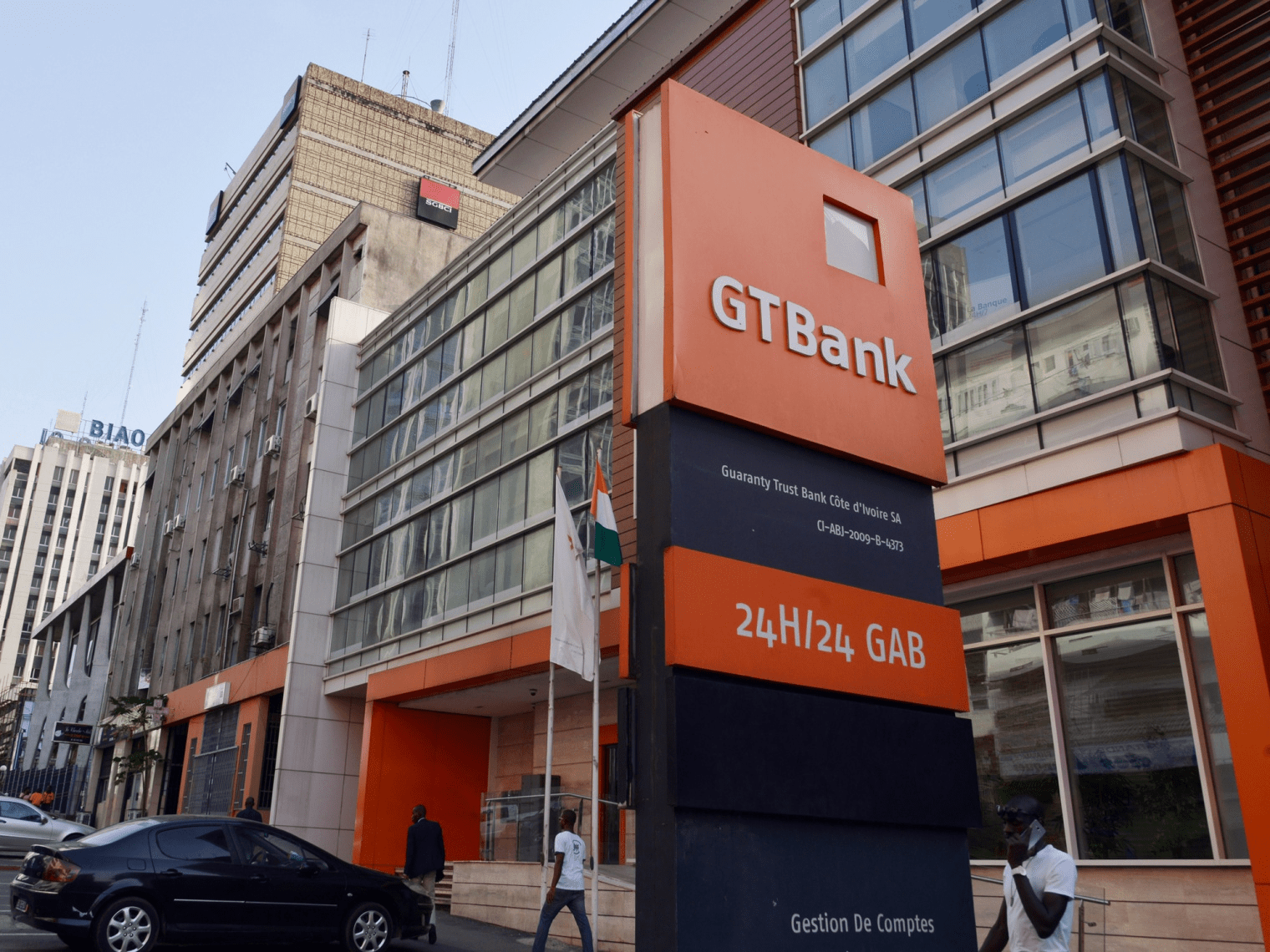Chinedu Eze
Aviation expert have identified factors responsible for the unwillingness of banks and other financial institutions to advance credit facility to airlines in Nigeria.
In their reaction to a conference held on the subject in Lagos, they stressed the need for urgent reforms to transform the industry.
Speaking, former Rector of Nigerian College of Aviation Technology (NCAT), Zaria, Captain Samuel Caulcrick, said one of the salient factors is low aircraft utilisation, which refers to how many hours an aircraft flies in a day.
According to him, “Most airports in Nigeria lack airfield lighting, so, flights cannot land there in the night. Out of over 32 airports in Nigeria, only five operates after 6:00 pm, which means that aircraft utilisation on domestic routes only takes place during the day time. The major aircraft type that airlines operate in Nigeria, which are narrow body aircraft, like Boeing B737, Embraer E145, E170 and others ought to operate for about 12 hours a day for them to be in full utilisation. Experts posit that aircraft is in healthier state when it is adequately utilised stressing that the more it operates the more it generates revenue.
“A bank lending money to an airline will look at the ability of the airline to generate revenue to service and offset the loan on agreed time. Low aircraft utilisation is indeed a significant challenge facing the Nigerian aviation industry. To put this into perspective, global leaders in aviation achieve 10-12 hours of daily utilisation for narrow-body aircraft, while Nigerian airlines average around 6-8 hours. This disparity has severe implications for revenue, costs, and profitability.”
Caulcrick said the impact of low aircraft utilisation include revenue loss and explained that a one-hour increase in daily utilisation can improve operating margins of an airline by 1-2%; “so, for Nigerian airlines, achieving 10-12 hours of daily utilisation could translate to $50-100 million in annual revenue per airline.”
He also disclosed that airlines spend more money on low utilisation of aircraft because airline must expend the same amount of money on aircraft, except fuel, whether it operates for eight hours more.
“Low utilisation spreads fixed costs over fewer flights, inflating the cost per available seat kilometre (CASK). Leasing a Boeing 737 in Nigeria costs $150,000-$200,000 monthly and maintenance abroad adds significant overhead,” he explained.
He suggested ways to solve this problem, which include extended airport hours, as most airports in the country close flight operations by 6:00 pm, including the ones that have airfield lighting, but because of the cost of operating in the night, fuelling generators, the airport management may choose not to operate.
Also, the Managing Director/CEO of Omni Blue Aviation (OBA) Limited, Akin Olateru, told THISDAY that an airline needs cash, good management in addition to good financial planning in order to survive.
“There are two things that are critical to the survival of an airline anywhere in the world. One is access to cash, which is critical. An airline should be able to access loans with lower digit interest rate. The second critical element is good management. You can’t run any business without strong management. So that is given. But we have one thing that is working against us in this part of the world, currency exchange fluctuation. Currency exchange fluctuation alone will kill your business. If you like get the best aviation consultant to do for you a very beautiful business plan, you can come in with the right aircraft, employ the right management team, but that singular factor will kill you. In the US, they operate aircraft, they buy the aircraft, they pay insurance, they pay supplies, and they pay salaries, all in dollars. They are not exposed to that currency fluctuation.
“In Europe, it is the same thing. All bills are paid in Euro. They are not exposed to that currency fluctuation. You come to Nigeria, 85 per cent of your cost is forex, apart from salaries, grand handling bills and fuel. But your major cost, the chunk of your cost in terms of volume is in USD. Now, you sell ticket today as schedule airline, due to the depreciation of the naira, the fare may be equivalent to $50. But tomorrow if you want to make budget on that exchange you find out that the dollar has gone up. You can’t buy at the same rate you sold the ticket,” he said.
Olateru who is the immediate former Director General, the Nigerian Safety Investigation Bureau (NSIB), however, noted that there has been some level of stability in the exchange rate under the President Bola Ahmed Tinubu administration, which is commendable; although the exchange rate is still high.
He, however, remarked that in the past the aviation industry was not well structured and organized as it is today, because the sector in the past was weak and there were no checks and balances as it exists today with strong aviation agencies that regulate and provide service in the industry.
On the age of aircraft and the minimum number of aircraft needed to start commercial service in Nigeria, Olaterustressed that to move the industry forward, government should review its policies to spur the industry’s growth.
He said that government came up with a policy, which banned aircraft that are 22 years from being brought into the country for schedule service, but the reality is that at 22, most aircraft are still at their peak of operation with effective maintenance.
“Following lots of crashes in the past, government came up with a policy that says aircraft that is 22 years is banned in Nigeria as commercial airplane. To me, let’s evaluate 22-year old aircraft ban. If you ask me, it doesn’t make sense. There are extremely few countries in the world that restrict aircraft in terms of age. We focus on maintenance culture. Proper aircraft maintenance is not reactive but proactive. That is what you do on airplanes. So, you don’t wait for things to spoil before you change and stuff like that. There is a lot of checks done over time, every week, every month, per hour, per cycle, depending on the maintenance manual approved,” Olateruwho is aircraft engineer said.
He said that it would be difficult for an investor who wish to establish an airline in Nigeria to succeed because he is limited by aircraft age; so, he cannot acquire certain aircraft, including some technologically advanced Boeing NG aircraft because some of them were manufactured in 1999 and over 22 years.
According to him, “The cheapest Boeing 737 NG aircraft you can get today is between $15 million and above. We are a developing nation. Loans are not available for the operators. Everything is, do it yourself (DIY). You want to buy a brand-new aircraft, right? The US Exim and all the Exim banks in the world will be happy to fund the operations up to 85 percent, you bring 15 per cent. So, you bring your 15 percent, they are happy to fund 85 percent. The next question is, give us a bank guarantee for $85 million. Go to our banks in Nigeria today, request for a bank guarantee for $85 million, they will ask you to put $85 million cash in the bank before they can give you the guarantee.”
The post Experts Identify Factors Militating against Affordable Financing for Nigerian Airlines appeared first on THISDAYLIVE.


